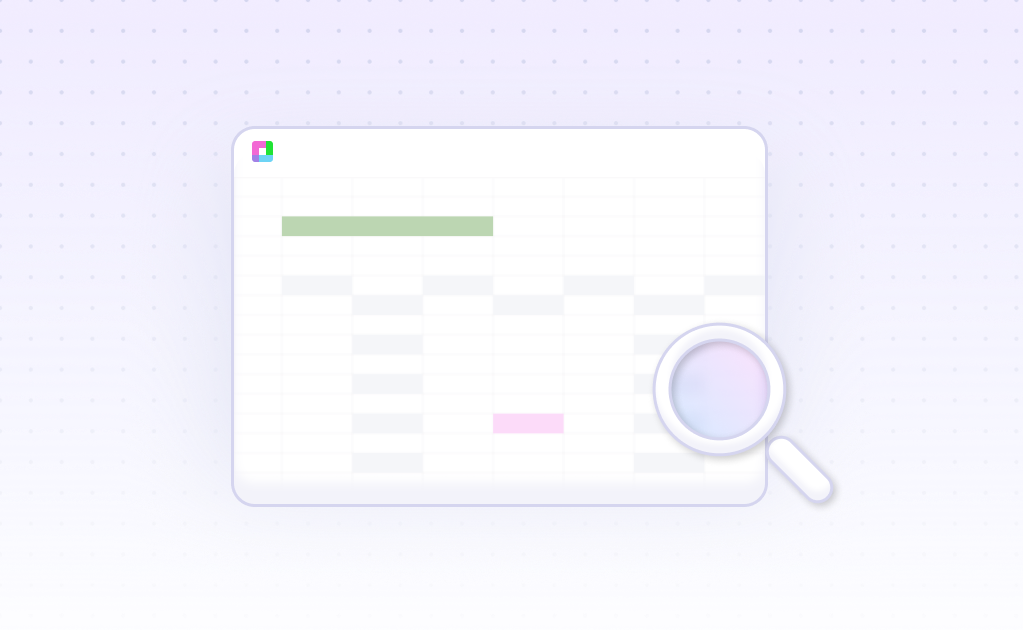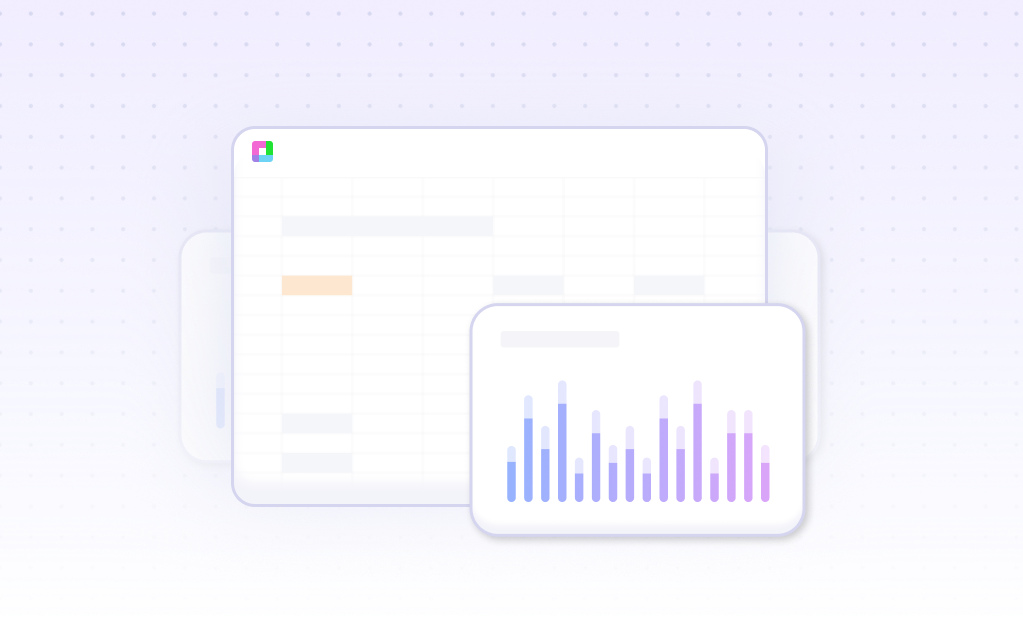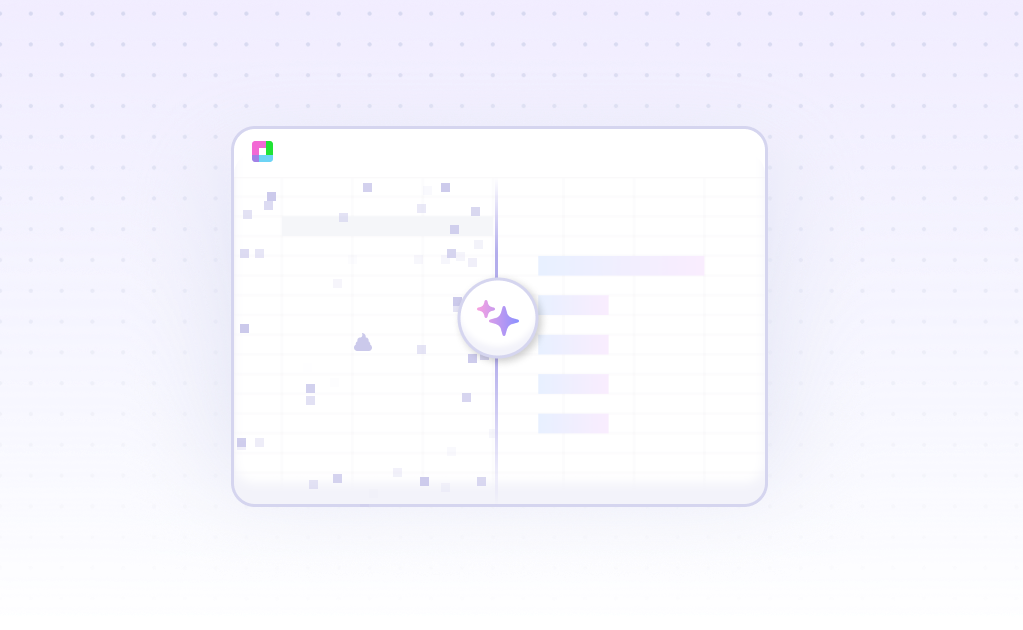
Introduction
Liquidity analysis, a crucial aspect of financial assessment, can be performed through traditional Excel calculations of ratios like the Current Ratio, Quick Ratio, and Cash Ratio. While Excel enables historical data analysis and ratio calculations, AI technology is revolutionizing financial analysis by automating tasks and enhancing decision-making through comprehensive risk assessments.
Sourcetable combines Excel's analytical capabilities with AI's efficiency, offering features for calculating liquidity ratios, comparing multiple accounting periods, and conducting both internal and external analyses. This AI-powered platform streamlines the process of financial analysis while providing round-the-clock support and instantaneous access to information. Discover how Sourcetable simplifies liquidity analysis by trying it at sourcetable.com/signup.
Sourcetable: The Superior Solution for Liquidity Analysis
Sourcetable's cutting-edge AI-powered software delivers precise liquidity ratio insights and actionable recommendations for financial health optimization. Unlike traditional Excel analysis that relies on manual pivot tables and structured data sources, Sourcetable streamlines the entire process with natural language processing.
Excel's Traditional Limitations
Excel liquidity analysis depends on strictly structured source data tables and pivot table manipulation for visualization. This manual approach increases the risk of human error and slows down analysis workflows.
Sourcetable's AI Advantage
Sourcetable leverages AI to automate repetitive tasks, analyze complex datasets faster, and minimize errors in financial forecasting. Its advanced capabilities enable quick transformation of liquidity data into clear visualizations and reports through simple natural language commands.
By combining Excel's familiar spreadsheet functionality with AI-powered automation, Sourcetable delivers superior liquidity analysis that improves forecasting accuracy and uncovers deeper financial insights. This modern approach optimizes investment strategies while streamlining the entire FP&A process.
Benefits of Liquidity Analysis with AI-Powered Spreadsheets
Liquidity analysis reveals a company's financial health and ability to meet short-term obligations. This critical assessment determines creditworthiness and investment potential, making it essential for financial decision-making.
Why Use Sourcetable for Liquidity Analysis
Sourcetable's AI-powered capabilities automate repetitive analysis tasks and handle vast amounts of financial data with improved accuracy. The platform's natural language processing streamlines data analysis, enabling faster identification of financial trends and anomalies.
Unlike Excel's complex linked table requirements, Sourcetable simplifies relationship management and calculations through intuitive named tables. This efficiency allows analysts to focus on high-level financial insights and strategic decision-making.
AI-enhanced predictive capabilities help identify financial risks and opportunities, while automated data processing reduces errors in liquidity calculations. The platform's streamlined workflow delivers more accurate insights than traditional Excel analysis.
Liquidity Analysis Examples with Sourcetable
Sourcetable offers comprehensive liquidity analysis capabilities through its AI-powered dashboards. CFOs, controllers, and treasurers can track key metrics including current ratio, debt-to-asset ratio, debt-to-equity ratio, receivables, payables, and cash positions.
Financial Ratio Analysis
The platform automates financial ratio calculations and trend identification. AI features extract data from financial statements, calculate ratios, and identify potential risks. Users can analyze current ratios (Current Assets / Current Liabilities) and leverage ratios to assess financial health.
Accounts Receivable and Payable Analysis
Sourcetable's dashboards display rankings of top payables by vendor and receivables by customer. The platform includes divisional contribution analysis, showing how each company segment impacts total AR and AP positions.
Cash Flow Analysis and Forecasting
AI tools analyze cash flow statements and forecast future performance. The system can extract key data points, identify trends, and ensure compliance with financial regulations. All analysis is cloud-based, enabling real-time collaboration and automated updates.
Liquidity Analysis Use Cases with Sourcetable
Financial Stability Assessment |
Analyze liquidity ratios to assess a company's ability to meet short-term obligations. AI-powered tools interpret financial data and generate visualizations to evaluate financial stability. |
Collaborative Financial Decision Making |
Enable teams to work together on liquidity analysis using shared dashboards and automated insights. Generate easy-to-understand charts and narratives for stakeholder communication. |
Historical Trend Analysis |
Analyze historical financial data to identify liquidity patterns and improve forecasting accuracy. AI technology processes complex datasets to create actionable insights for future planning. |
Rapid Solvency Evaluation |
Speed up liquidity ratio calculations and interpretation through automated data processing. Convert complex financial metrics into clear visualizations for faster decision-making about company solvency. |
Frequently Asked Questions
What is liquidity analysis?
Liquidity analysis evaluates a company's ability to pay its short-term obligations and measures its margin of safety. It uses financial metrics called liquidity ratios to determine if a company can pay current debt obligations without raising external capital.
What are the main types of liquidity ratios?
The three main liquidity ratios are: current ratio (measures ability to cover short-term liabilities with current assets), quick ratio (measures ability to cover short-term liabilities with quick assets), and cash ratio (measures ability to cover short-term liabilities with cash). A ratio above one is typically considered healthy, with higher ratios indicating better liquidity.
How can Sourcetable help with liquidity analysis?
Sourcetable can enhance liquidity analysis productivity by cleaning messy datasets, generating summaries and charts, and managing data from over 100 data sources. Its AI capabilities can help process and visualize liquidity ratios and related financial metrics.
Conclusion
Excel remains a powerful tool for liquidity analysis, enabling calculations of essential metrics like the Current Ratio, Quick Ratio, and Cash Ratio using historical data. However, modern AI alternatives like Sourcetable provide enhanced capabilities for financial analysis without requiring advanced spreadsheet skills.
Sourcetable streamlines the liquidity analysis process by cleaning datasets, generating automated summaries, and creating visual charts. With access to over 100 data sources and AI-powered features, Sourcetable transforms complex financial data into actionable insights. Experience efficient liquidity analysis firsthand at sourcetable.com/signup.
Recommended Analysis Guides
Connect your most-used data sources and tools to Sourcetable for seamless analysis.
Frequently Asked Questions
If your question is not covered here, you can contact our team.
Contact Us




